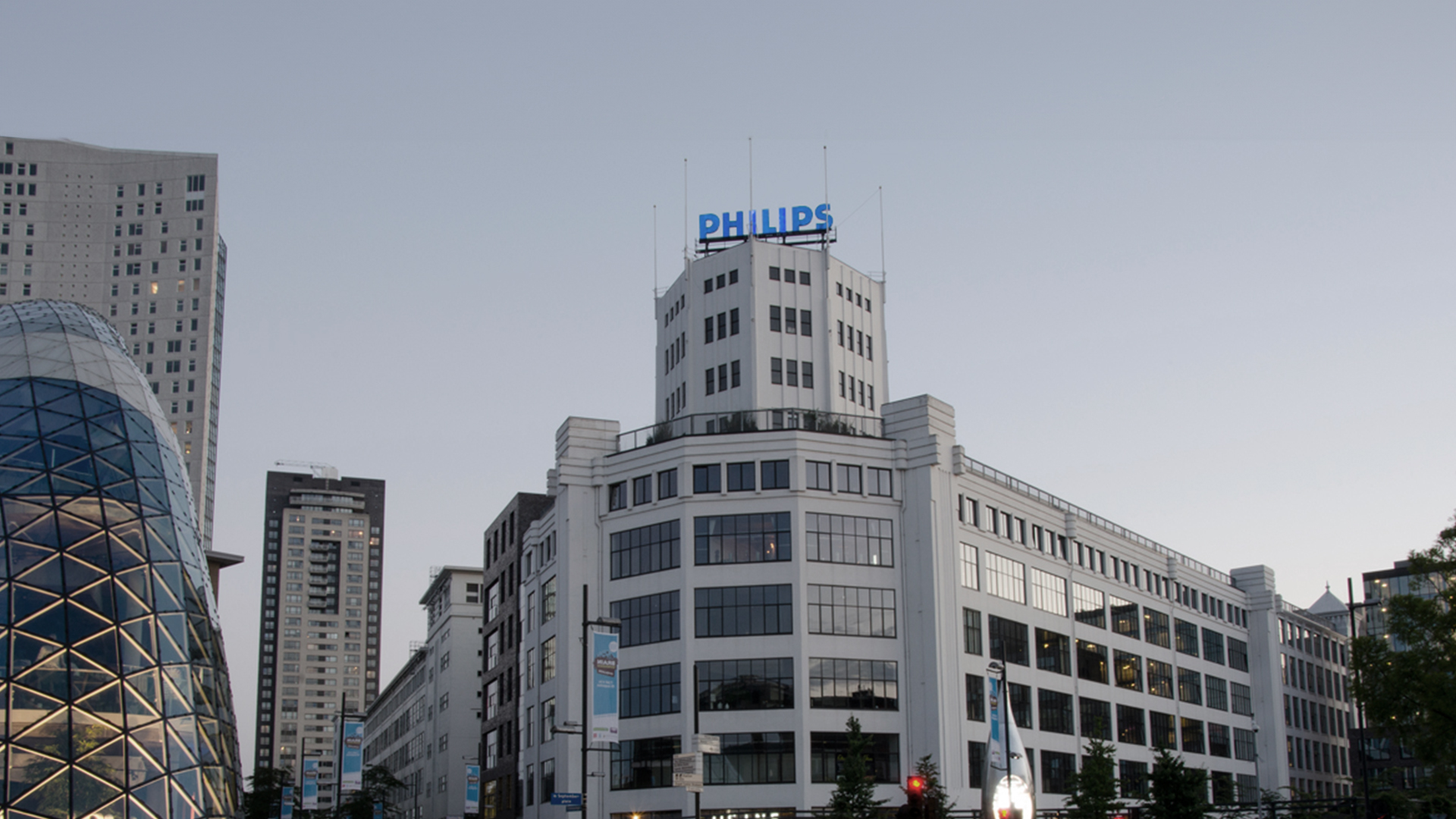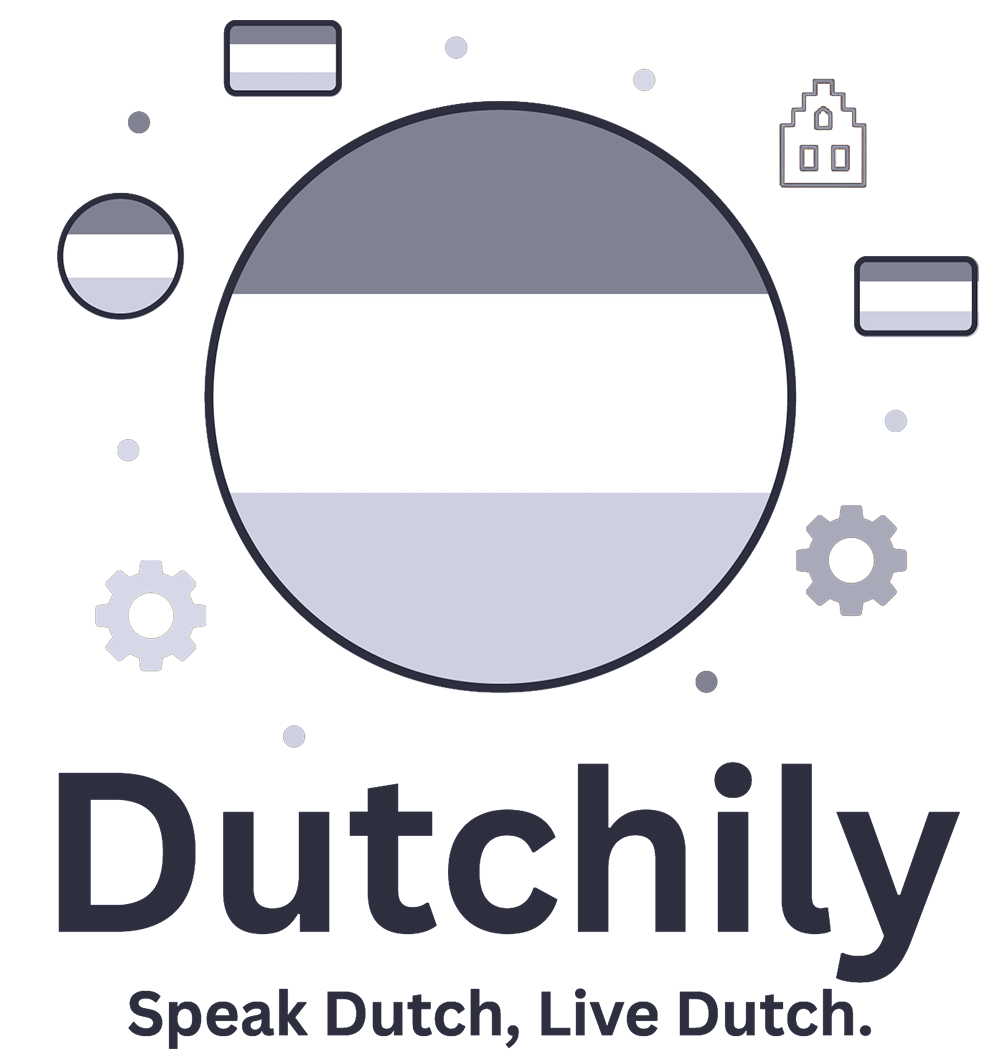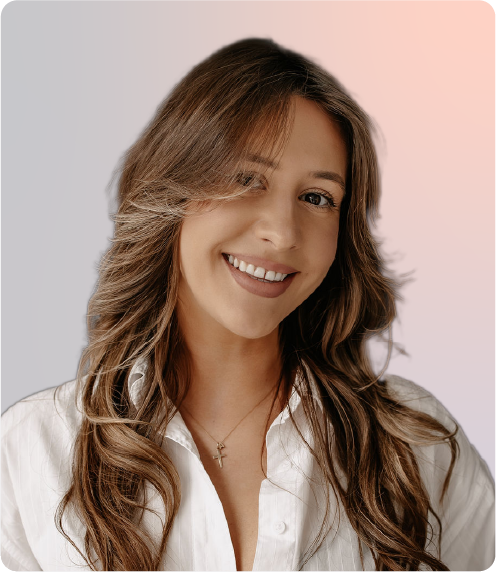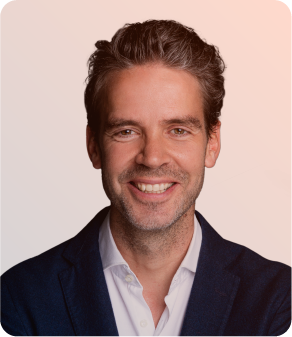1. Can I join your program with my spouse and children?
Absolutely! In fact, many of our dentists move to the Netherlands to create a better future for their families. We would be happy to assist you in making this possible. However, please note that the language program is intensive and requires full-time commitment for 6 months, whether online or on-site. We’re here to support you in organizing everything, so feel free to discuss your situation with us, and we’ll work together to find the best solutions for you and your family.
2. Can I choose where to live?
Yes, you have complete freedom to choose where you'd like to live. However, we are responsible for finding the right dental practice for you, and we aim to match you with a clinic that best suits your profile. Once that’s done, it's your decision whether to live close to the clinic or in a different town or city. You can also decide whether to commute by car or public transportation, if that's an option in your area.
3: Finding Suitable Housing
We assist candidates in finding suitable housing in the Netherlands. Our relocation specialist provides advice and guidance throughout the entire process, including assistance with the search and viewings. Together, you will look for a suitable home.
4. Are Dutch people really as open and direct in their communication as they say?
Yes, Dutch people are indeed known for their direct communication style. While some cultures might interpret this as "rude" or "impolite," it's not meant to offend. Instead, the Dutch prioritize efficiency and honesty, whether at work or when casually giving a friend feedback, such as on a new haircut. Open communication is deeply valued in Dutch culture, where everyone is encouraged to speak their mind. Whether you're making decisions at work, planning with friends, or choosing dinner, clear communication is key. Learning the language will help you express yourself more effectively with Dutch colleagues and friends.
5. Is it easy to form friendships in the Netherlands?
Dutch people are generally friendly, social, and open to new connections, though they also value their privacy and personal time. At work, colleagues may be eager to get to know you, and being open to invitations is a great way to build friendships. Extending your own invitations, like for dinner or outings, is also appreciated—just keep in mind that Dutch people often plan ahead.
In the beginning, you might connect more with fellow expats, which is natural when settling into a new country. While it can take time to build relationships with locals, getting involved in activities like sports, clubs, or volunteering can help you meet new people and feel more connected to the culture.
6. What is BIG registration?
BIG registration is a mandatory legal, online public register that healthcare professionals in the Netherlands must join in order to work independently. BIG stands for Beroepen in de Individuele Gezondheidszorg (Professions in Individual Healthcare). Once registered, you receive a unique registration number, enabling you to practice your profession legally. If you're a foreign dentist, passing the Dutch language exam for medical professionals is a requirement for completing the BIG registration process.
7. What are the opportunities for growth?
Many practices in the Netherlands offer opportunities for advancement and continuous training.
8. Is it possible to work in the Netherlands without a BIG registration?
You can work under supervision for a limited period if you don't have a BIG registration yet.
9. What documents do I need to register with the BIG?
The required documents for BIG registration depend partly on the country where you obtained your diploma, as some countries require additional paperwork. However, the general documents you'll need include:
- Original diploma or a certified copy
- Diploma supplement (original/certified copy with translation)
- Certificate of Conduct from all countries where you have studied, worked, or lived
- Certificate of Current Professional Status (C.C.P.S.) from the health authority or dental board of each country where you studied and/or worked
- If you only studied in a country, you’ll need a Letter on Non-Registration from the same authority
- Updated CV
- Copy of your ID or passport
- Proof of passing the Dutch language exam (level B2+)
- If you graduated over five years ago, a statement from your employer(s) is required
10. How long does the BIG registration process usually take?
The duration of the BIG registration process varies based on your nationality and where you obtained your dental qualification. For most candidates with both a degree and nationality within the EU, the process can take up to 12 weeks from the time of application. Delays may occur if any documents or information are missing and need to be submitted later. However, if all documents are complete and in order, the process often takes less than 12 weeks.
11. What are the costs of living in the Netherlands?
The cost of living in the Netherlands varies depending on your lifestyle and place of residence. On average, monthly expenses for one person range between €1,000 and €1,500, including rent, groceries, transportation, and other expenses.
***Cost of Living in the Netherlands, from Rent to Childcare to Healthcare
12. What is the duration of the collaboration period?
There is no fixed end date, as we offer an open-ended contract. However, we do ask for a minimum commitment of 2 to 3 years to allow us to recoup the initial investments made.
13. What tax schemes are available for expats in the Netherlands?
We provide information on tax benefits, such as the 28% ruling, which can increase your net income.
14. Are there specific contractual obligations?
We clearly explain all the terms of the contract to you, including working hours, probation period, and termination options.
15. What is the salary of a dentist in the Netherlands?
The salary depends on experience, location, and the practice. We provide a salary indication based on your profile and experience.
16. Which practices work with Orange Chapter Recruitment?
We work with a broad network of dental practices throughout the Netherlands, from large chains to smaller private practices.
17. How long does the process take to work in the Netherlands?
In some cases, the employer reimburses part of the travel and relocation costs. We are happy to discuss this with you during the mediation process.
18. As a dentist, am I required to do a titer test when working in the Netherlands?
Yes, in the Netherlands a titer test (to check antibody levels against hepatitis B) is mandatory for dentists and other healthcare professionals who work with patients. This is part of the national infection prevention guidelines. The titer test shows whether you are sufficiently protected against hepatitis B, as you may be exposed to blood or other bodily fluids during your work.
It is very important to check your antibody levels well in advance, as additional vaccinations may be needed if your protection is not yet sufficient. Please note: taking the titer test before starting our program is mandatory, so that we can ensure you meet all medical requirements on time.
Orange Chapter will fully guide you through this process and help ensure that you are fully compliant with all regulations and ready to start your work safely.






